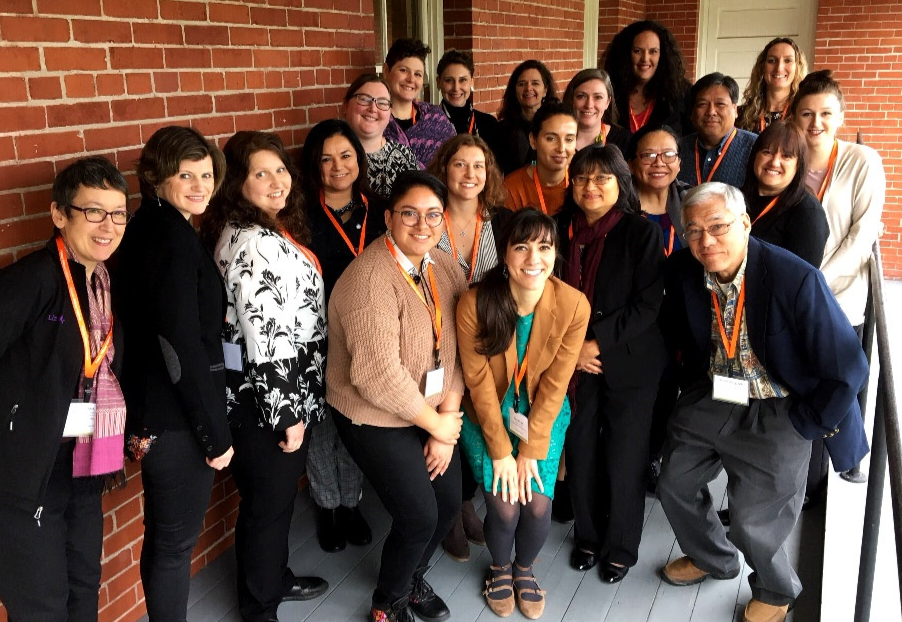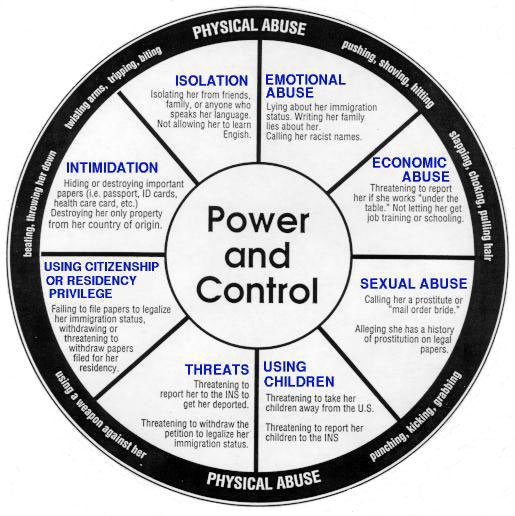Oct. 11 is International Day of the Girl
Breakthroughs in the Fight to End Violence Against Girls
WASHINGTON, DC (Oct. 11, 2018) – Every girl deserves to live an empowered life free of discrimination, abuse, economic disparities, and violence. That’s why today is celebrated as International Day of the Girl, a day to recognize the value of girls but also to generate conversation about specific injustices that girls face across the globe.
Earlier this week, Futures Without Violence (FUTURES) proudly joined ChildFund International, Save the Children, and World Vision in an event on Capitol Hill to discuss some of the issues girls experience around the world.
“I’m so grateful to be a part of this movement,” said Congressman Jim McGovern. “I ask everyone to be more engaged – not just one day a year, but throughout the years – until we no longer have to call for an end to violence against children and girls – but instead, we will be celebrating its end.”
Around 1 billion girls and boys are exposed to violence annually, said Michael Klosson, vice president for policy and humanitarian response at Save the Children.
“Violence against children—be it sexual violence, emotional violence, physical violence, abuse, neglect, or exploitation—affects roughly half of all children around the globe,” Klosson said. “Violence against children happens everywhere: in communities, schools, and homes.”
All of this violence robs girls of their future, explained Mario Lima, regional director of the Americas region for ChildFund.
“Girls are surrounded by physical, psychological and sexual violence every day, making them more vulnerable to child marriage, exploitation, and early school dropout,” Lima said. “[But I believe] we can join together as a global community to disrupt the cycle of violence and ensure that every girl grows up healthy, educated, and safe.”
Engaging men and boys in ending violence is critical, according to Kiersten Stewart, director of public policy for FUTURES.
“We think it is critical to show boys and men that they have just as much to gain from gender equity as women and girls,” Stewart said.
The International Day of the Girl event also called for lawmakers to support the Ending Violence Against Children resolution (H. Res. 910 | S. Res. 606). This bipartisan resolution condemns violence against children and encourages the development of a strategy for preventing, addressing, and ending violence against children and youth globally.
For more information on International Day of the Girl, visit www.un.org/en/events/girlchild/. To take action, reach out to Congress in support of the Ending Violence Against Children resolution.
####
ChildFund International partners with communities throughout Asia, Africa and the Americas – including the United States – to create lasting, positive change for children. Our programs address the underlying conditions that prevent children and youth from achieving their full potential. Last year, we reached almost 18 million children and family members. Approximately 200,000 Americans support our work by sponsoring individual children or investing in ChildFund programs. Within the U.S. government, we advocate to elevate and advance the issues of international child protection and child well-being across U.S. foreign assistance policy and funding priorities. Find out more at www.childfund.org.
Futures Without Violence is a health and social justice nonprofit with a simple mission: to heal those among us who are traumatized by violence today – and to create healthy families and communities free of violence tomorrow. From domestic violence and child abuse, to bullying and sexual assault, our groundbreaking programs, policy development, and public action campaigns are designed to prevent and end violence against women and children around the world. To learn more please visit www.futureswithoutviolence.org.
World Vision is a Christian humanitarian organization dedicated to working with children, families, and their communities worldwide to reach their full potential by tackling the causes of poverty and injustice. World Vision serves all people, regardless of religion, race, ethnicity, or gender. For more information, please visitwww.WorldVision.org/media or follow us on Twitter @WorldVisionUSA.
Save the Children believes every child deserves a future. In the United States and around the world, we work every day to give children a healthy start in life, the opportunity to learn and protection from harm. When crisis strikes, and children are most vulnerable, we are always among the first to respond and the last to leave. We ensure children’s unique needs are met and their voices are heard. We deliver lasting results for millions of children, including those hardest to reach. We do whatever it takes for children—every day and in times of crisis—transforming their lives and the future we share. In 2016, Save the Children reached more than 157 million children, including more than 56 million children directly. We worked in 120 countries, including the United States, where we reached 683,000 children. Save the Children gives children in the United States and around the world a healthy start, the opportunity to learn and protection from harm. We invest in childhood — every day, in times of crisis and for our future. Follow us on Facebook, Instagram and Twitter.




